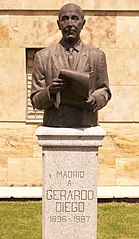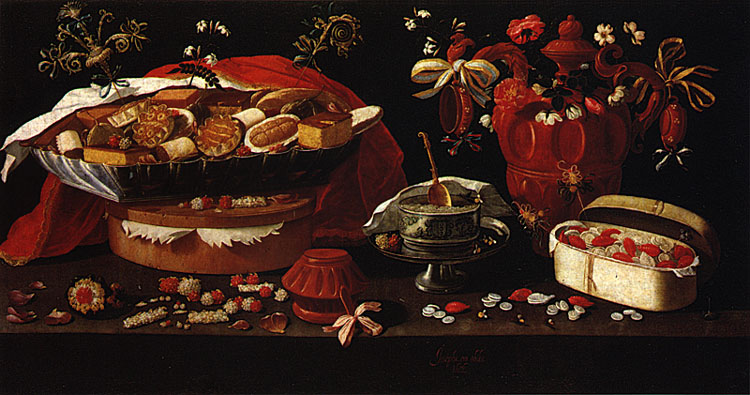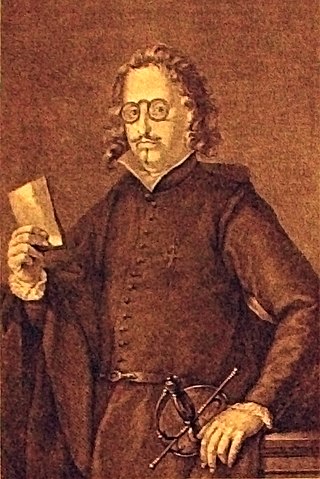Feel free to add any term you like to be authomaticaly linked throughout all the website.
Currently sorted By last update descending Sort chronologically: By last update
 | By creation date
| By creation dateLouise Michelle Rosenblatt:Louise Michelle Rosenblatt (23 August 1904 in Atlantic City, New Jersey ? 8 February 2005 in Arlington, Virginia) was an American university professor. She is best known as a researcher into the teaching of literature.  She is best known for her influential texts Literature as Exploration (1938) and "The Reader, The Text, The Poem: The Transactional Theory of the Literary Work" (1978), in which she argues that the act of reading literature involves a transaction between the reader and the text. Each "transaction" is a unique experience in which the reader and text continuously act and are acted upon by each other. A written work (often referred to as a "poem" in her writing) does not have the same meaning for everyone, as each reader brings individual background knowledge, beliefs, and context into the reading act. Additionally, she distinguished between different kinds of reading with her defined "stances". Rosenblatt placed all reading transactions on a continuum between "aesthetic" -or reading for pleasure, experiencing the poem-and "efferent" -or reading to gain meaning. Rosenblatt maintained that the act of reading was a dynamic '"transaction" between the reader and the text. She argued that the meaning of any text lay not in the work itself but in the reader's interaction with it, whether it was a play by Shakespeare or a novel by Toni Morrison. Her work made her a well-known reader-response theorist. (source: Wikipedia) | |
|
Joyce Carol Oates:Joyce Carol Oates (born June 16, 1938) is an American author. Oates published her first book in 1963 and has since published over fifty novels, as well as many volumes of short stories, poetry, and nonfiction. Her novel them (1969) won the National Book Award, and her novels Black Water (1992), What I Lived For (1994), and Blonde (2000) were nominated for the Pulitzer Prize.  As of 2008, Oates is the Roger S. Berlind '52 Professor in the Humanities with the Program in Creative Writing at Princeton University, where she has taught since 1978. (Source: Wikipedia) |
Ferdinand II:Ferdinand II (Ferdinando Carlo, 12 January 1810 ? 22 May 1859) was King of the Two Sicilies from 1830 until his early death in 1859.  (source: Wikipedia) | |
|
Federico Garc?a Lorca:Federico del Sagrado Coraz?n de Jes?s Garc?a Lorca (Spanish pronunciation: [fe?e??iko ?ar?θi.a ?lorka]; 5 June 1898 ? 19 August 1936) was a Spanish poet, dramatist and theatre director. Garc?a Lorca achieved international recognition as an emblematic member of the Generation of '27.  He was murdered by fascists forces during the Spanish Civil War. In 2008, a Spanish judge opened an investigation into Lorca's death. The Garc?a Lorca family eventually dropped objections to the excavation of a potential gravesite near Alfacar. However, no human remains were found. (source: Wikipedia) | |
|
Adela:Adela is the youngest daughter of the Bernarda Alba family in the play The House of Bernarda Alba, of the spanish writer Federico Garc?a Lorca, and the only one to defy Bernarda. She is in love with Pepe el Romano and carries on a secret rendezvous with him until her sister Martirio intervenes and they have a scuffle, drawing the attention of the sleeping household. Adela's guilt is revealed by the discovery of straw on her skirt. She then freely admits that she has been with Pepe el Romano. She hangs herself at the play's climax. (source: Wikipedia) |
Generation of '27:The Generation of '27 (Spanish: Generaci?n del 27) was an influential group of poets that arose in Spanish literary circles between 1923 and 1927, essentially out of a shared desire to experience and work with avant-garde forms of art and poetry. Their first formal meeting took place in Seville in 1927 to mark the 300th anniversary of the death of the baroque poet Luis de G?ngora.  Monument to Gerardo Diego, Madrid. Writers and intellectuals celebrated an homage in the Ateneo de Sevilla, which retrospectively became the foundational act of the movement. One of the members of this group was Federico Garc?a Lorca. (source: Wikipedia) | |
|
Baroque:The Baroque is a period of artistic style that used exaggerated motion and clear, easily interpreted detail to produce drama, tension, exuberance, and grandeur in sculpture, painting, architecture, literature, dance and music. The style began around 1600 in Rome, Italy and spread to most of Europe.  Still-life, by Portuguese painter Josefa de ?bidos, c.1679, Santar?m, Portugal, Municipal Library (source: Wikipedia) | |
|
Luis de G?ngora y Argote:Luis de G?ngora y Argote (11 July 1561 ? 24 May 1627) was a Spanish Baroque lyric poet. G?ngora and his lifelong rival, Francisco de Quevedo, are widely considered the most prominent Spanish poets of all time. | |
|
Francisco de Quevedo y Villegas:Francisco G?mez de Quevedo y Santib??ez Villegas (Spanish: [f?an?θisko ?e ke?βe?o]; 14 September 1580 ? 8 September 1645) was a Spanish nobleman, politician and writer of the Baroque era.  Along with his lifelong rival, Luis de G?ngora, Quevedo was one of the most prominent Spanish poets of the age. His style is characterized by what was called conceptismo. This style existed in stark contrast to G?ngora's culteranismo. (source: Wikipedia) | |
|
Francis II:Francis II (Italian: Francesco II, christened Francesco d'Assisi Maria Leopoldo, 16 January 1836 ? 27 December 1894), was King of the Two Sicilies from 1859 to 1861. He was the last King of the Two Sicilies, as successive invasions by Giuseppe Garibaldi and Victor Emmanuel II of Sardinia ultimately brought an end to his rule, and marked the first major event of Italian unification. After he was deposed, the Kingdom of the Two Sicilies and the Kingdom of Sardinia were merged into the newly formed Kingdom of Italy. | |
|

